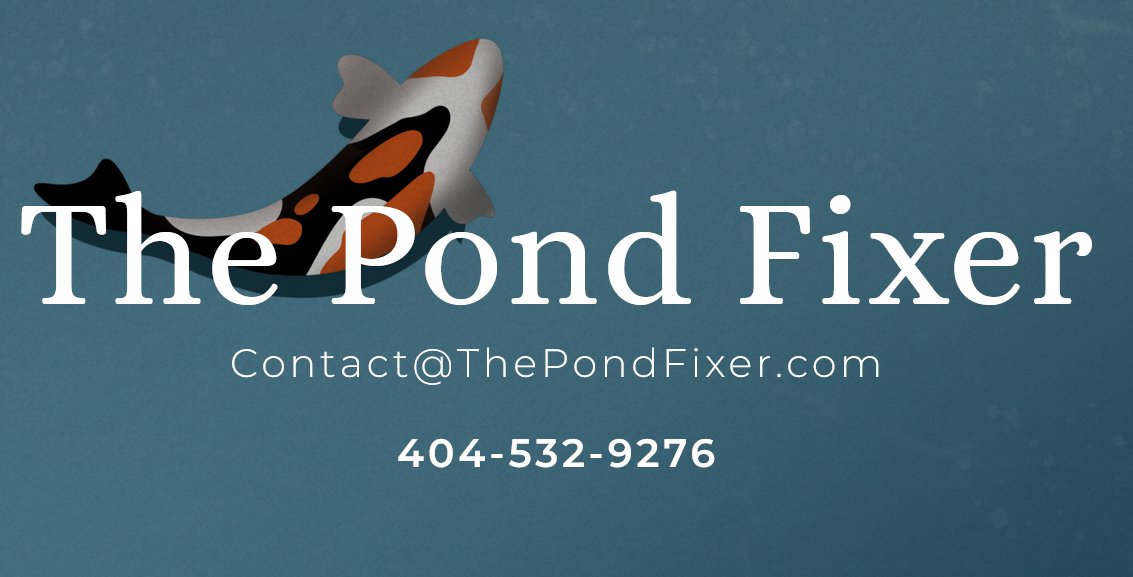Parvo Virus!
The canine Parvo virus causes inflammation of the stomach and intestine in dogs. The disease can be mild to severe depending on the strain of Parvovirus infecting the dog, the vaccination status of the dog, and the overall health of the dog prior to infection.
The disease affects young dogs most often, but has been seen in dogs of all ages. Very young puppies (3-10 days of age) are affected with a cardiac (heart) form and may die suddenly without showing any signs.
Signs of infection include:
BLOODY DIARRHEA
LACK OF APPETITE
FEVER
VOMITING
DEPRESSION AND LETHARGY
WEIGHT LOSS
Because these signs are not specific to Parvo, it is important to have your dog examined to determine the cause.
Left untreated, Parvo can result in severe dehydration, shock, septicemia (bacteria in the bloodstream), and death. Parvo causes a loss of fluid, blood, and important proteins from the body.
Diagnosis involves a fecal exam for internal parasites (which can imitate Parvo disease), a blood test (CBC) to determine whether transfusion will be necessary to save the pups life, and a physical examination. A fecal sample may sometimes be collected for a CITE test or electron microscopic examination to look for the virus.
Treatment involves hospitalizing the dog.
Fluids, antibiotics, and other medications are given by injection. No food or water is given by mouth for several days to allow the damaged stomach and intestines time to heal. Blood transfusions are sometimes required in very severe cases. I do not recommend this because often, the dog is killed by the attempted immune process caused by the transfusion. Recovery takes several days to a few weeks. If the dog survives, he/she will probably be immune for life. Costs can accumulate rapidly. An ounce of prevention really is worth a pound of cure.
Prevention of this disease is through completing a series of VACCINATIONS.
A course of 3-4 vaccinations is given to puppies starting at 5-6 weeks of age.
Boosters are given every 3 weeks until the series is completed.
Certain breeds such as Rottweillers, Dobermans, and Dalmations may require more boosters to be adequately protected.
Some vaccinated puppies CAN STILL GET PARVO. This usually happens in puppies in the middle of their vaccination series, puppies that do not have a properly functioning immune system, and those exposed to a very virulent strain of Parvo.






